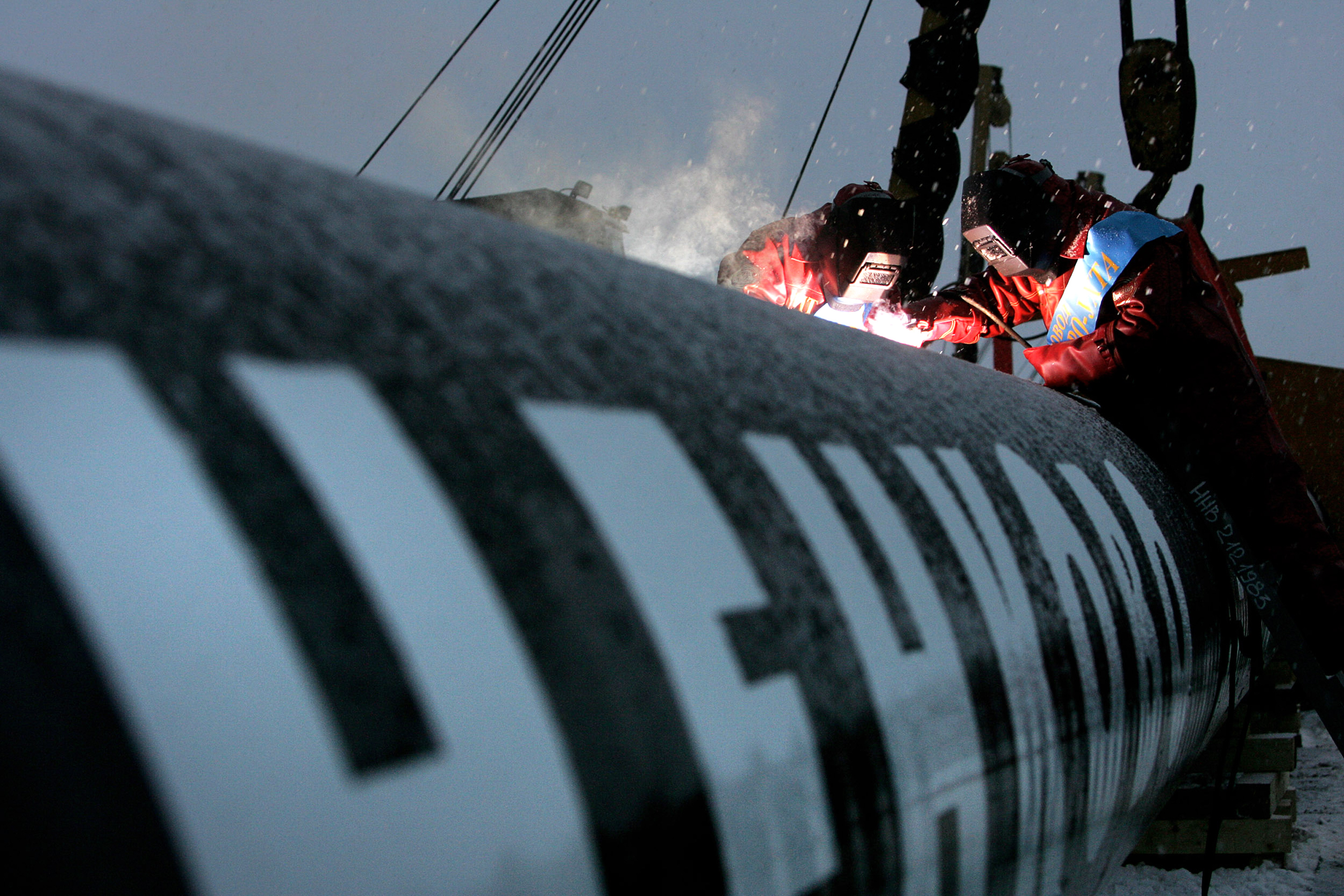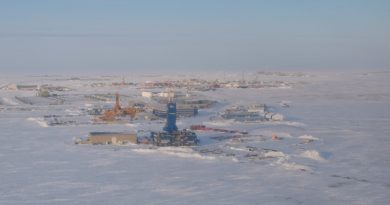Russian Duma tries to avoid Gazprom-Rosneft rumble over LNG

The Energy Committee in the lower house of the Russian parliament has concluded that Rosneft should not be allowed to export natural gas. The state company requested permission to engage in exports of liquified natural gas from its projected Pechora LNG plant.
According to the legislators, an export permission to Rosneft could result in enhanced competition between Russian companies in the lucrative European energy marked and consequently be in conflict with the interests of Gazprom, the Russian natural gas monopoly company.
«This would contradict with the strategic interests of the country in the field of energy policy», the Committee says in a statement.
A call for liberalisation
Rosneft has over the last years acquired a major number of new production licenses and boosted its reserves of natural gas both onshore and offshore. However, without the export permission, the the company will not be able to sell it abroad.
Rosneft argues that the federal law on gas exports should be liberalized. In 2013, legislators allowed Novatek to export LNG from its grand new project in Yamal. However, further liberalisations should not be conducted, the Energy Committee says.
The committee members argue that Gazprom’s pipeline gas brings far more revenues to the state budget than LNG since the latter is exempted both export tax and mineral exploration tax. In addition, the pipeline projects can be developed with equipment and technology exclusively produced in Russia, while the LNG projects require major imports from abroad.
$4 billion in investments
In 2014, Rosneft struck a deal with Dmitry Bosov and his company Alltech on the joint development of natural gas resources in the Nenets Autonomous Okrug, the oil and gas-rich Arctic region. Later, it acquired a controlling stake in the project. The Pechora LNG is planned to be based on the resources of the Kumzhinskoye and Korovinskoye fields. However, the plant could possibly include also other onshore and offshore resources.
The projected Pechora LNG will produced an estimated four million tons per year, most of it planned shipped to western markets. Investments are estimated to about $4 billion, the project website informs. The project developers intend to build a new port terminal on the Pechora Sea coast and construct several LNG carriers.
Following the conclusions of the State Duma legislators, the Pechora LNG project might ultimately have to be abandoned.
Related stories from around the North:
Canada: Arctic nickel, not oil, could soon power the world’s cars, Blog by Mia Bennett, Cryopolitics
Finland: U.S. pullout from Paris climate pact condemned by Finnish leaders, Yle News
Germany: Cheap oil from the Arctic? Fake news, says climate economist Kemfert, blog by Irene Quaile, Deutsche Welle
Norway: Dwindling interest in Norway’s Arctic oil raises many questions, The Independent Barents Observer
Russia: Oil company Rosneft applies for new licence to drill along Laptev Sea coast, The Independent Barents Observer
Sweden: Sweden’s climate minister : U.S. withdrawal from Paris sends a bad signal, Radio Sweden
United States: Big questions emerge over $43 billion gas-export deal between Alaska and China, Alaska



